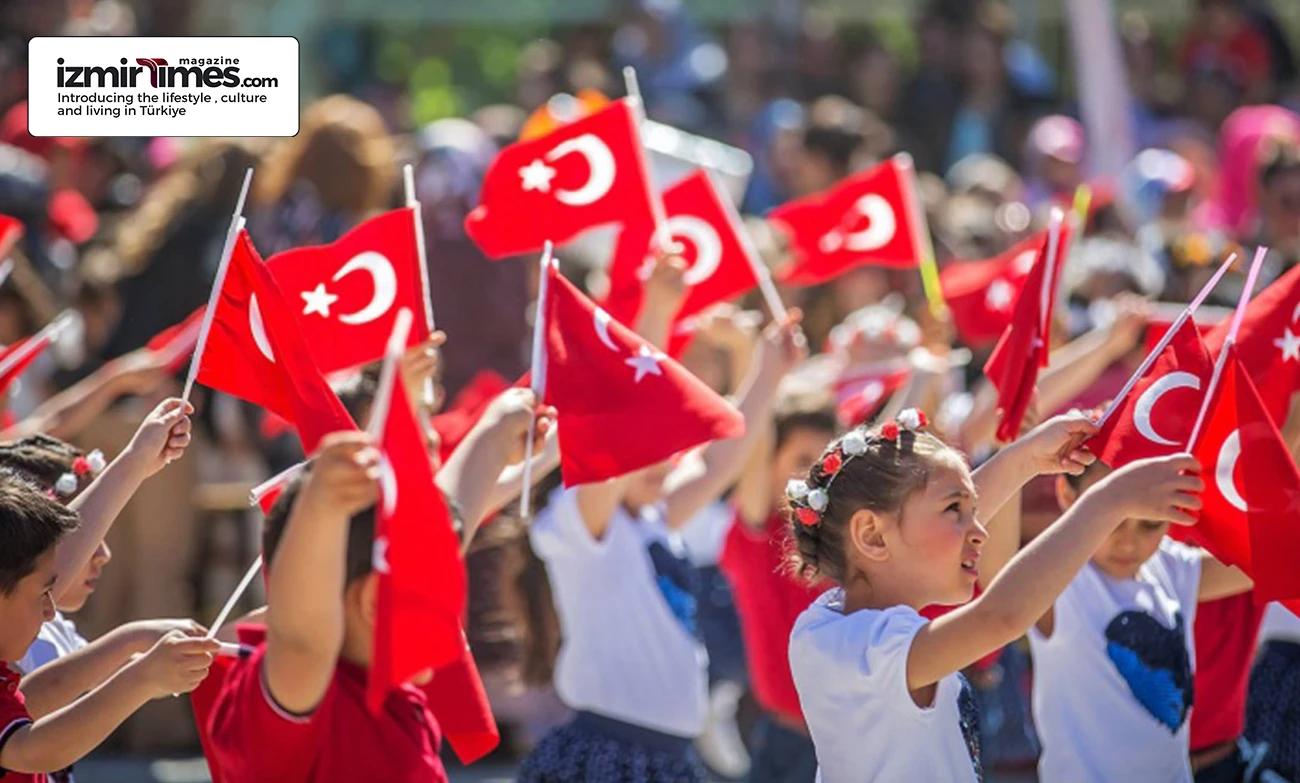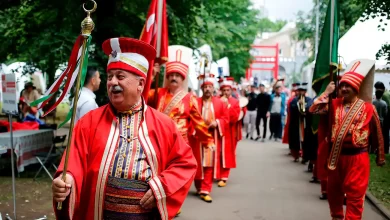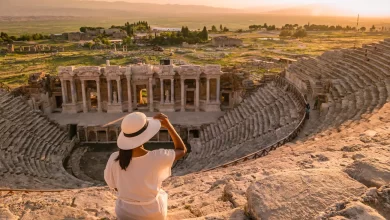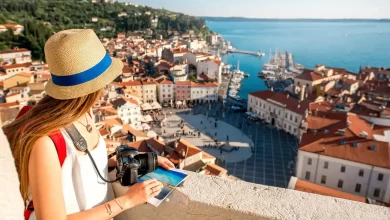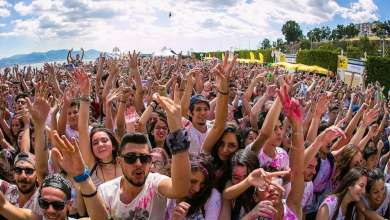Turkish Holidays And Traditions
Exploring the Rich Tapestry of Turkish Holidays and Traditions

With its vibrant culture and rich heritage, Turkey is a land of diverse holidays and traditions that reflect its unique blend of Eastern and Western influences. From ancient rituals to modern celebrations, Turkish holidays offer a glimpse into the heart and soul of this enchanting country.
The Significance of Turkish Holidays
Turkish holidays are deeply rooted in the country’s history, religion, and cultural practices. They serve as occasions for family gatherings, community celebrations, and religious observances, fostering a sense of unity and belonging among the Turkish people.
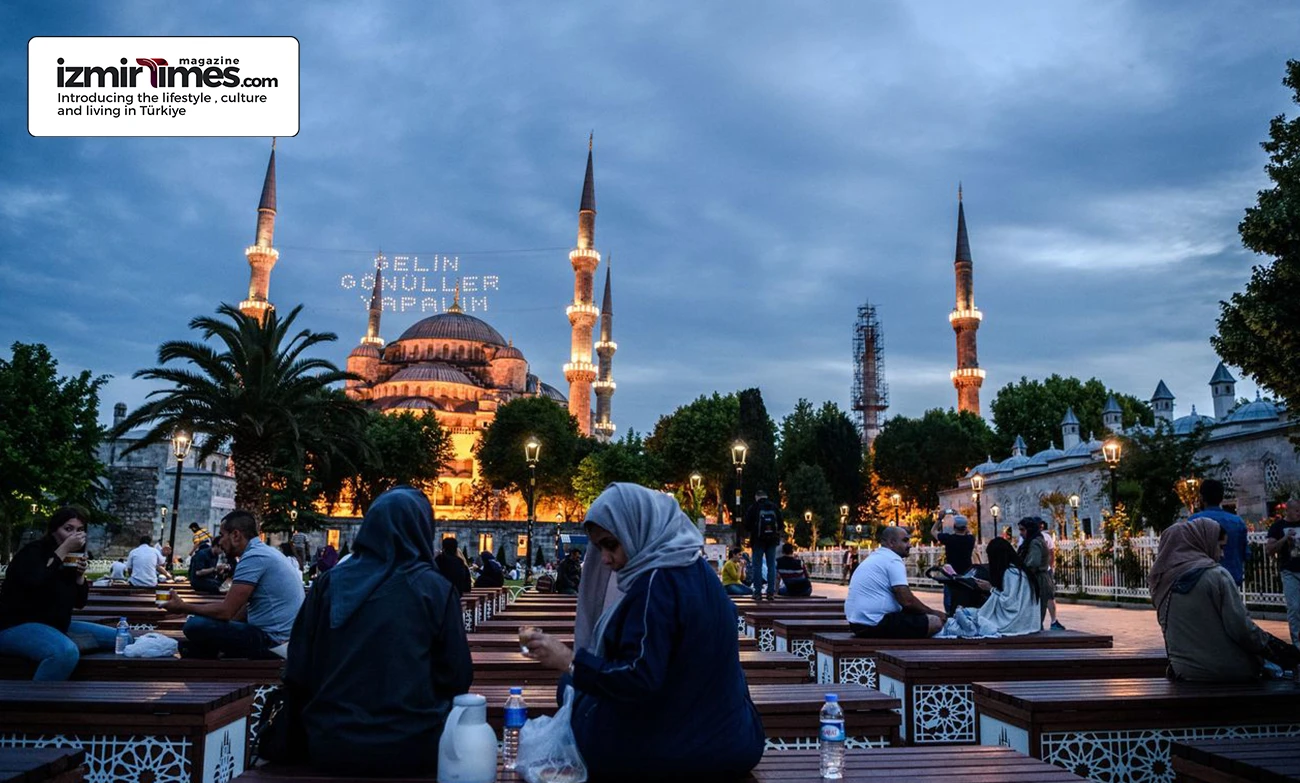
Religious Festivals in Turkey
Islam is central to Turkish culture, and religious festivals such as Ramadan and Eid al-Fitr are widely celebrated throughout the country. During Ramadan, Muslims fast from dawn until sunset and engage in prayer and reflection. Eid al-Fitr, also known as Şeker Bayramı, marks the end of Ramadan and is celebrated with feasting, gift-giving, and acts of charity.
1- Ramadan (Ramazan)
Ramadan holds special significance in Turkey as Muslims across the country observe the month-long fasting period. From dawn to sunset, individuals abstain from food and drink, focusing on spiritual reflection, prayer, and acts of charity. The breaking of the fast, or iftar, is a cherished tradition where families and communities come together to share meals and strengthen bonds.
2- Seker Bayramı (Sugar Feast)
Seker Bayramı, also known as Eid al-Fitr, marks the end of Ramadan and is celebrated with joy and festivity. Families visit one another, exchange gifts, and indulge in sweet treats, symbolizing the end of fasting and the beginning of a new month filled with blessings and abundance.
3- Kurban Bayramı (Feast of Sacrifice)
Kurban Bayramı, or Eid al-Adha, commemorates Ibrahim (Abraham) ‘s willingness to sacrifice his son in obedience to God. Families perform the ritual sacrifice of an animal and distribute the meat among relatives, neighbors, and the less fortunate, emphasizing the values of compassion, generosity, and community.
National Holidays in Turkey
Republic Day (Cumhuriyet Bayramı), celebrated on October 29th, commemorates the founding of the Republic of Turkey in 1923 by Mustafa Kemal Atatürk. It is a day of national pride and patriotism, marked by parades, concerts, and fireworks displays across the country.
Victory Day (30 Ağustos Zafer Bayramı) is another important national holiday commemorating the Turkish victory in the Battle of Dumlupınar during the War of Independence. It is celebrated with military parades, ceremonies, and cultural events.
1- Republic Day (Cumhuriyet Bayramı)
October 29th marks the anniversary of the proclamation of the Republic of Turkey in 1923. Republic Day is celebrated with grandeur, featuring parades, concerts, and fireworks nationwide. Citizens display national pride and honor the country’s founding principles of democracy, secularism, and modernization.
2- National Sovereignty and Children’s Day (23 Nisan)
April 23rd is dedicated to children, commemorating the establishment of the Grand National Assembly of Turkey in 1920. Schools organize special programs, and children participate in parades and cultural activities to celebrate the nation’s youth as the future leaders of Turkey.
Cultural Festivities in Turkey
In addition to religious and national holidays, Turkey is home to various cultural festivals and traditions. Hıdırellez, celebrated on May 5th, is a spring festival that marks the arrival of spring with music, dancing, and outdoor festivities.
New Year’s Eve (Yılbaşı) is also widely celebrated in Turkey, with people gathering for parties, fireworks displays, and special events to welcome the new year.
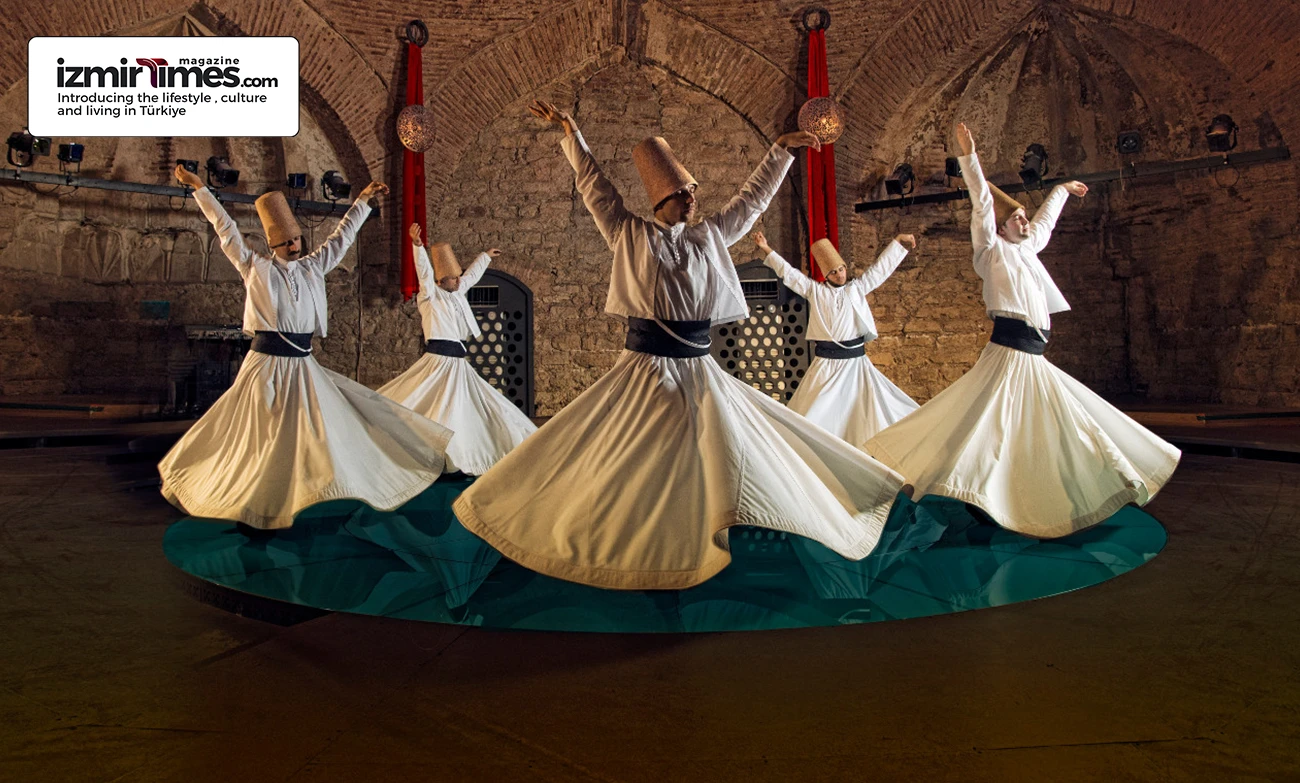
Folk Dances and Music: Expressions of Joy and Heritage
Folk dances such as the lively Halay and the elegant Zeybek embody the spirit of Turkish culture, celebrating unity, joy, and camaraderie. Traditional musical instruments like the saz and the darbuka accompany these dances, creating an atmosphere of festivity and cultural pride.
In conclusion, Turkish holidays and traditions are a testament to the country’s rich cultural heritage, religious diversity, and national identity. Whether celebrating religious festivals, national holidays, or cultural traditions, Turks embrace these occasions with warmth, hospitality, and a sense of belonging, inviting others to join in the festivities and experience the beauty of Turkish culture firsthand.
Traditional Turkish Customs and Traditions
Beyond holidays, Turkey is rich in traditional customs and rituals passed down from generation to generation. These customs vary from region to region but are united by hospitality, warmth, and generosity.
Turkish Hospitality
Hospitality, or misafirperverlik, is a cornerstone of Turkish culture. Visitors to Turkey are often greeted with open arms and treated to delicious Turkish cuisine, tea, and sweets. It is customary for hosts to go out of their way to make guests feel welcome and comfortable in their homes.
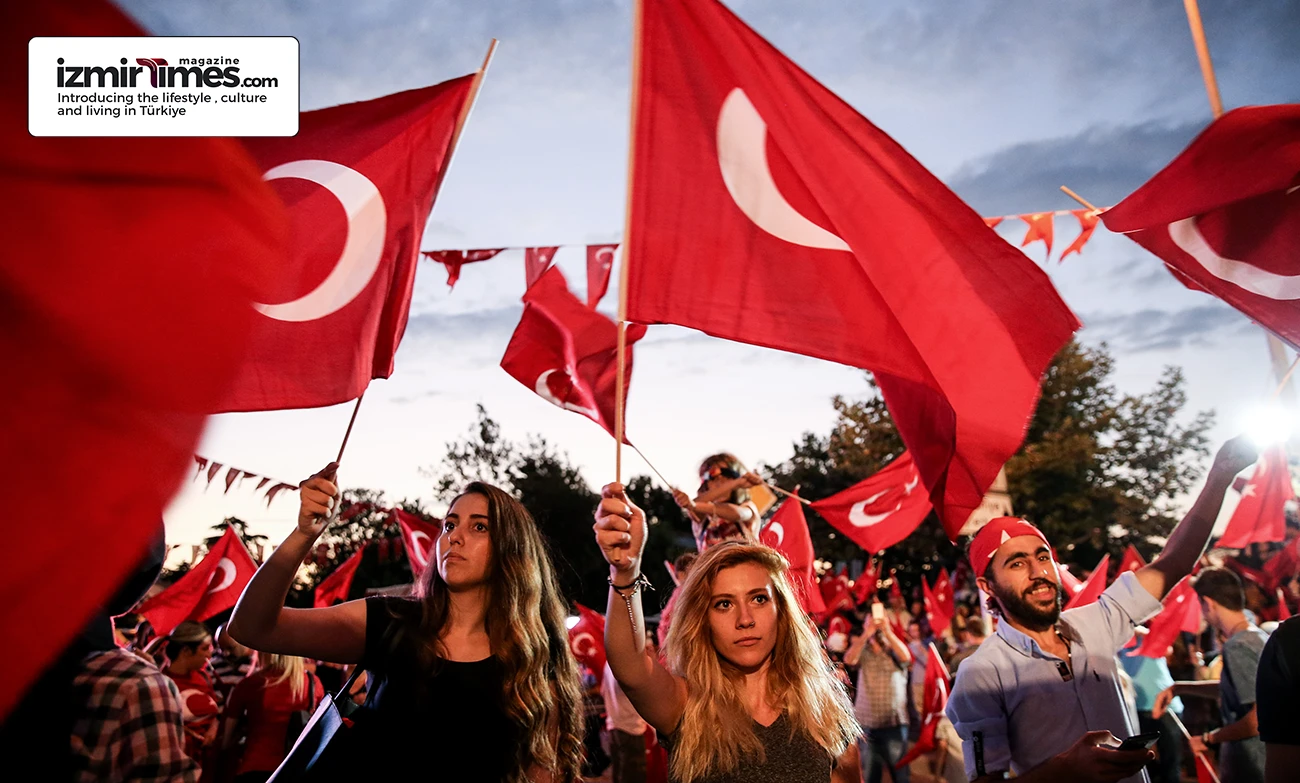
Turkish Cuisine
Turkish cuisine is renowned for its rich flavors, fresh ingredients, and diverse dishes. From kebabs and mezes to baklava and Turkish delight, Turkish cuisine reflects the country’s history and geography, with influences from the Mediterranean, Middle East, and Balkans.
Traditional Arts and Crafts in Turkey
Turkey has a rich arts and crafts tradition, including ceramics, carpets, calligraphy, and handicrafts. These traditional crafts are often passed down through families and communities, preserving centuries-old techniques and designs.
Conclusion
Turkish holidays and traditions are a testament to the country’s rich cultural heritage and diversity. From religious festivals to national celebrations and traditional customs, Turkey offers many experiences for locals and visitors alike. Whether exploring the bustling streets of Istanbul or the tranquil villages of Cappadocia, you’ll undoubtedly encounter Turkish culture’s warmth, hospitality, and beauty at every turn.





